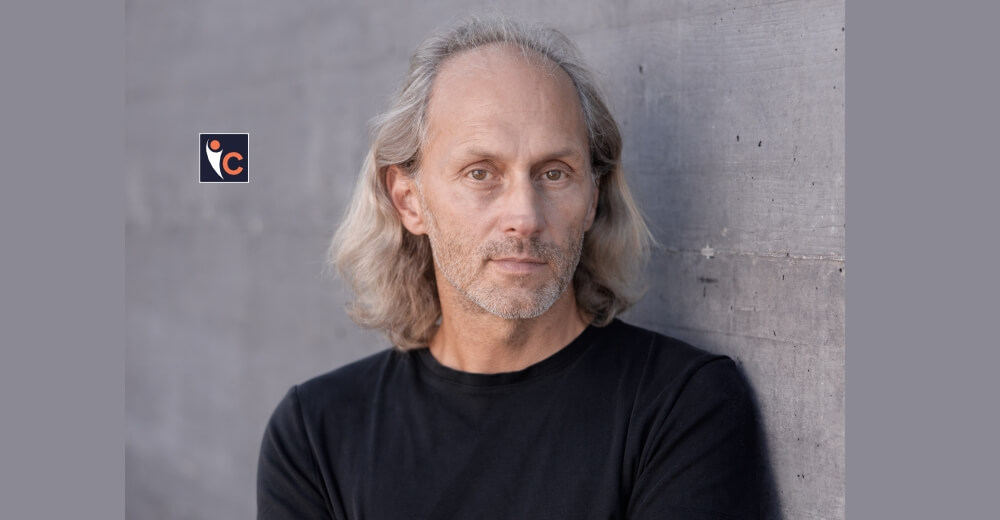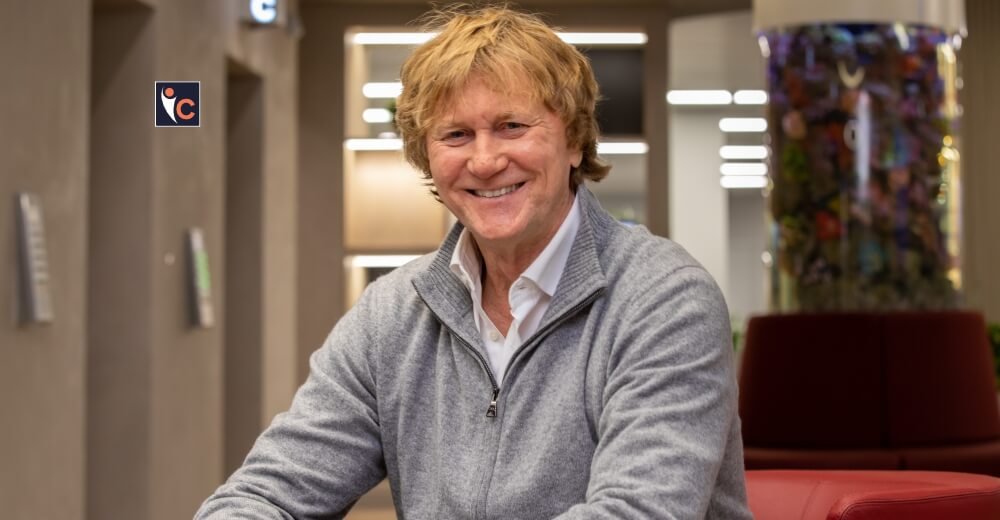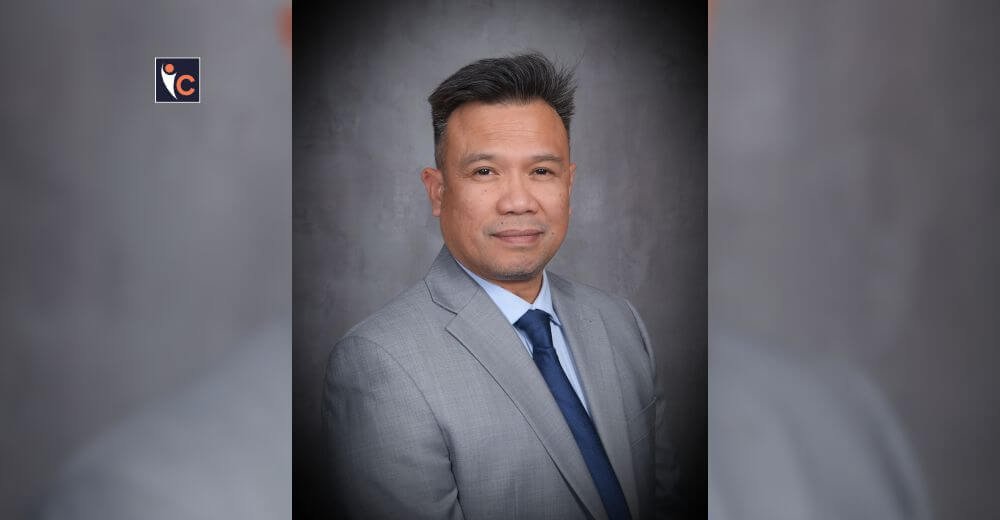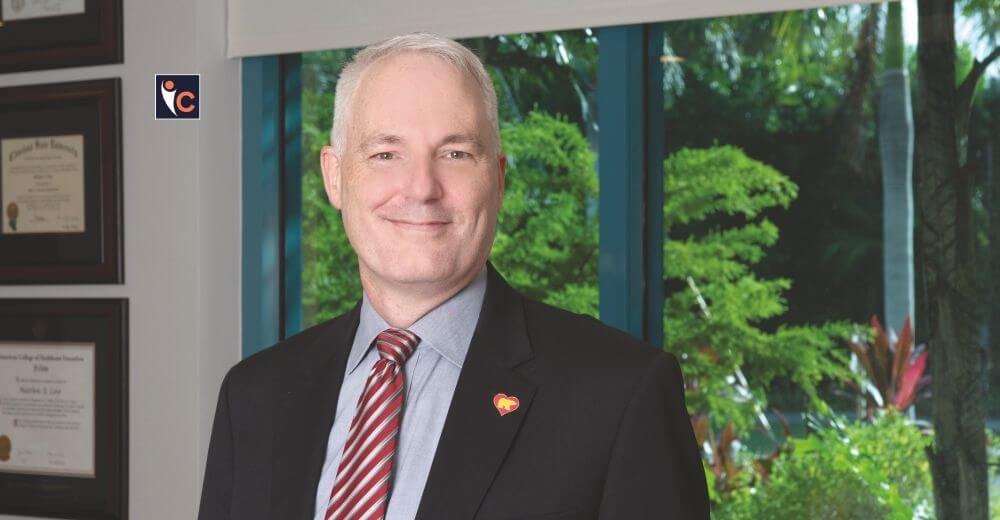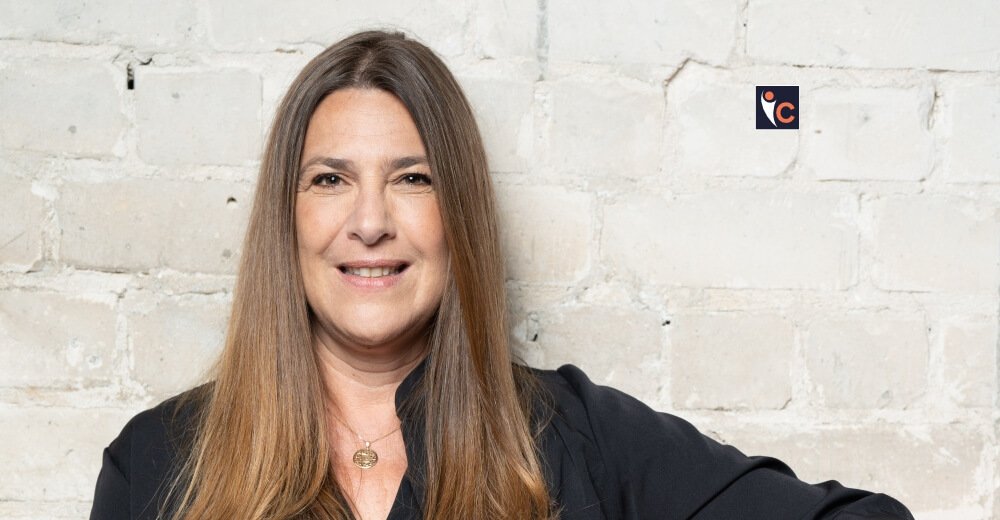Efficacious leadership is characterized by a vision that transcends current limitations, a commitment to excellence, and the ability to navigate complex regulatory environments. True leaders in healthcare are those who not only innovate but also inspire others to envision and create a better future. These leaders understand the critical importance of merging pioneering technology with compassionate care, ultimately transforming the sphere of patient outcomes and medical research.
An example of such leadership is Dr. Christoph Guger, whose journey and accomplishments in healthcare demonstrate the transformative potential of forward-thinking leadership. His background stretches from advanced neurotechnology research to practical applications in patient care. Dr. Guger has not only pioneered innovative solutions but has also inspired future generations of researchers and practitioners to expand the possibilities in medical technology.
Dr. Guger is the Founder and CEO of g.tec medical engineering GmbH, a company at the forefront of brain-computer interface (BCI) technology. Under his leadership, the company has made significant advancements in BCI technology. From pioneering the development of real-time BCI systems to creating neurorehabilitation solutions, the organization has demonstrated a commitment to transforming patient care and expanding the possibilities of medical technology. These achievements reflect a constant commitment to excellence and a focus on practical applications that address critical healthcare needs.
Let’s delve into Dr. Guger’s motivations, achievements and the exciting future of BCI technology!
A Journey of Serendipity and Innovation
Dr. Guger’s journey began during a period at Johns Hopkins University in the USA, where a teaching assistant mentioned a professor in Austria developing brain-computer interfaces (BCI). Intrigued, Dr. Guger returned to Austria and began a master’s thesis and later a PhD with Professor Gert Pfurtscheller’s lab. This collaboration led to the development of the first real-time BCI, a revolutionary achievement that set the stage for the creation of the company.
Reflecting on this journey, Dr. Guger notes, “People have to go far away to see what is actually great happening at home.” This realization underscores the importance of global perspectives in recognizing local opportunities. The demand for the BCI system was immediate, prompting the establishment of the company just days after completing his PhD. This swift transition from academia to entrepreneurship highlights his commitment to translating innovative research into practical applications.
From its early days, the company demonstrated a keen ability to meet market needs. The first BCI system was sold to Oxford University in the UK, and the second found its way to South Korea. These early successes were not just commercial milestones but also validation of the technology’s potential. Over the years, the company expanded its product range to include non-invasive and invasive systems, catering to a diverse set of applications from neurorehabilitation to brain mapping for epilepsy and tumor patients.
Transforming Patient Care
Under Dr. Guger’s guidance, the company has achieved numerous milestones that have significantly impacted on patient care and medical research. One of the early breakthroughs was a BCI system that allowed users to control a computer cursor using only brain activity. This innovation paved the way for more advanced applications, such as a system that enables quick typing of words and sentences using brain signals. This evolution reflects the company’s continuous drive to push the boundaries of what BCI technology can achieve.
A notable achievement is the development of recoveriX, a neurorehabilitation system for stroke patients and individuals with multiple sclerosis. RecoveriX has demonstrated remarkable efficacy, often producing significant improvements in patients’ motor skills. One of the first patients, a hairdresser in her thirties, experienced a profound transformation. After suffering a stroke, she was unable to work and relied on social security. However, following just a few sessions of recoveriX therapy, her motor skills began to return. “Her hand started to belong to her body again,” Dr. Guger recalls. After 25 sessions, she was able to reopen her hairdressing institute, showcasing the life-changing potential of the technology.
Another groundbreaking product is mindBEAGLE, a system designed for coma patients. This technology can quickly determine if patients can follow conversations, providing critical information for their care. Additionally, cortiQ, a high-gamma mapping technology, has revolutionized brain mapping for epilepsy and tumor patients. By allowing neurosurgeons to perform surgeries more precisely, cortiQ has improved patient outcomes and extended lives.
Expanding Applications and Enhancing Lives
Dr. Guger envisions a future where BCI applications become increasingly prevalent. “With all the hardware and software tools that we have now, we can extract much more from the brain,” Dr. Guger explains. This potential is already being realized in the recoveriX domain, where BCI technology is being used to treat a wider range of conditions, including spinal cord injuries, long-COVID, and Parkinson’s disease. The systematic training provided by recoveriX activates the motor cortex thousands of times, promoting neuroplasticity and enabling patients to regain motor skills.
Dr. Guger’s vision extends beyond medical applications. The company is also developing BCI systems for the consumer market, making the technology more accessible and affordable. This democratization of BCI technology opens the door for developers, artists, and engineers to create new applications in fields such as robotics, AI, and gaming. By broadening the field, the company aims to spur improvement and explore new frontiers in human-computer interaction.
In medical research, the company continues to expand limits with advanced neuro-modulation experiments. One exciting project involves mapping the language network using cortico-cortical evoked potentials. By stimulating one center of the brain, technology can identify the entire language network within minutes, revolutionizing how neurologists and neurosurgeons understand and treat brain functions. This neuromodulation setup also holds promise for treating conditions like depression, pain and Parkinson’s disease.
Core Values and Principles
The success of the company is rooted in its core values and principles, which guide leadership and invention. At the central focus of these values is a commitment to extracting real-time information from the brain to bring innovative technology to the international market. This principle is exemplified by cortiQ, which maps critical brain centers with high-gamma mapping technology in just a few minutes. This capability allows neurosurgeons to operate more precisely, ultimately extending patients’ lives by enabling more effective tumor removal.
Educating users and the community about the importance and efficacy of new technologies is another key principle. The company often develops innovative solutions so new that potential users are initially unaware of their potential applications. Overcoming this challenge requires not only technological enhancement but also comprehensive education and outreach efforts. The franchise business model for recoveriX is one such initiative, enabling therapists, doctors, and business professionals to establish their own neurorehabilitation centers. This model has led to the establishment of recoveriX centers in over 20 countries, treating thousands of patients and demonstrating the global impact of technology.
Overcoming Challenges
The path to development is rarely smooth, and the company has faced its share of challenges. One significant hurdle is the need to educate users and the broader community about the value and applications of leading technologies. Dr. Guger acknowledges, “We are producing all the time innovative technology that is so new that nobody knows how and why to use it.” Overcoming this challenge involves continuous education and demonstration of the technology’s benefits.
To address this, the company has implemented a franchise business model for recoveriX. This approach allows various stakeholders to open their own recoveriX centers, providing neurorehabilitation services to patients worldwide. The success of this model is evident in the widespread adoption of recoveriX, with centers operating in more than 20 countries and the Schiedlberg headquarters alone conducting over 50,000 treatments.
Another challenge is the regulatory landscape, which is becoming increasingly demanding. Dr. Guger points out, “The medical product certification is getting more demanding every year and therefore it takes longer to bring neurotechnology to the market.” This regulatory complexity can slow the pace of transformation and increase costs. However, the company remains committed to advancing its mission and ensuring that life-changing technologies reach patients.
Advice for Aspiring Innovators
For young entrepreneurs and innovators aspiring to make a difference in the healthcare industry, Dr. Guger offers valuable advice. “If they want to build something, they have to work for-front on this technology or the product,” he emphasizes. This hands-on approach is crucial for driving originality and ensuring that ideas are effectively realized. Delegating the realization of ideas to others often falls short of achieving the desired outcomes. By being actively involved in the development process, aspiring innovators can better maneuver through challenges and drive their vision to fruition.
Dr. Guger’s journey showcases the importance of leadership, perseverance, and a hands-on approach. By staying at the forefront of technology development and maintaining a strong commitment to excellence, young innovators can make a significant impact in the healthcare industry.
Critical Changes Needed in Healthcare
To foster revolution and improve patient outcomes, the healthcare sector must adapt more quickly to new technologies. Dr. Guger notes, “At the moment the healthcare sector is very slow in adapting new things.” This slow pace of adaptation can hinder the introduction of innovative technologies that could transform patient care. Streamlining the medical product certification process and reducing regulatory barriers are critical steps in accelerating modernization.
The increasing demands of medical product certification present another challenge. Dr. Guger points out that meeting these requirements often becomes prohibitively expensive, slowing the development of new products. Addressing this issue requires a balance between ensuring patient safety and facilitating the introduction of innovative technologies. By creating a more supportive regulatory environment, the healthcare sector can better embrace new technologies and improve patient outcomes.
Shaping the Future of Healthcare
The journey is one of continuous progress and transformative impact. From its inception to its current achievements, the company has consistently pushed the limits of what is possible in healthcare technology. Under the insightful leadership of Dr. Guger, g.tec medical engineering GmbH has developed pioneering products that have improved patient care and opened new avenues for medical research.
Dr. Guger’s journey from university to the establishment of his company reflects the power of luck and the importance of seizing opportunities. The company’s achievements, from the development of the first real-time BCI to the creation of advanced neurorehabilitation systems, reflect a deep commitment to excellence and a ceaseless quest for improvement.
As the company continues to explore new horizons of BCI technology, the future looks promising. With a vision of democratizing BCI technology and expanding its applications, the company is set to significantly impact medical research and everyday life.
Read More: Click Here






